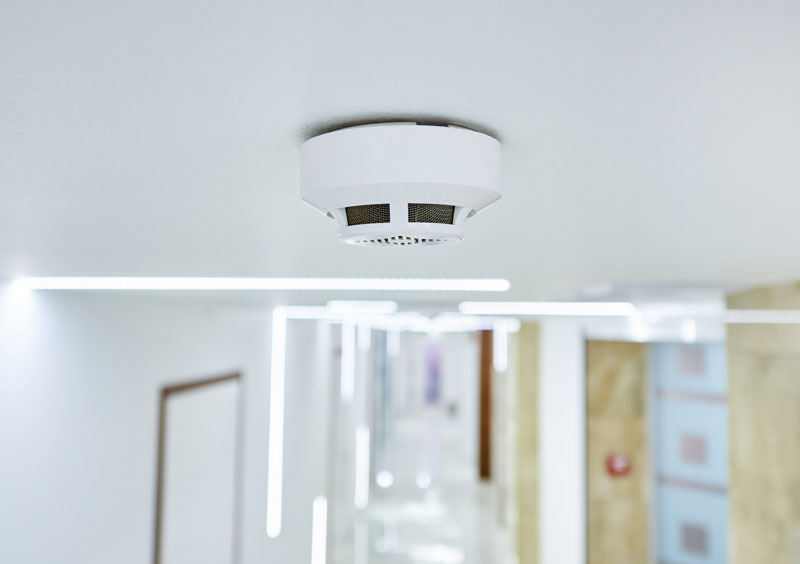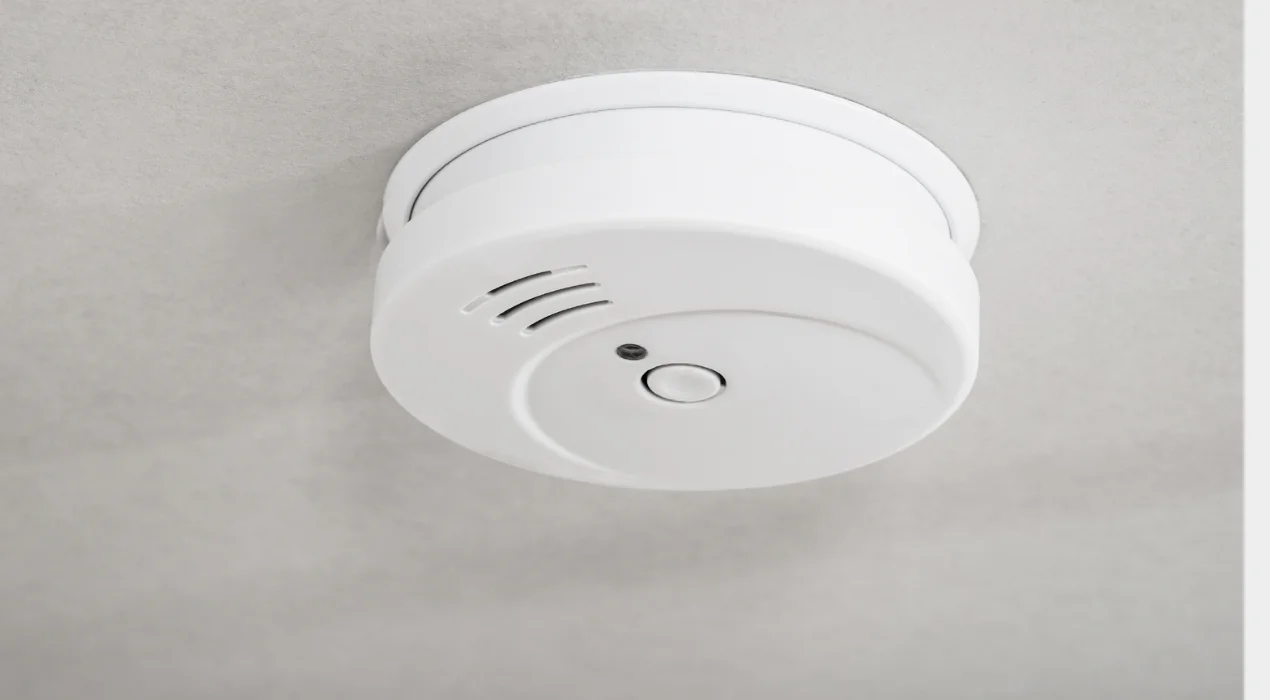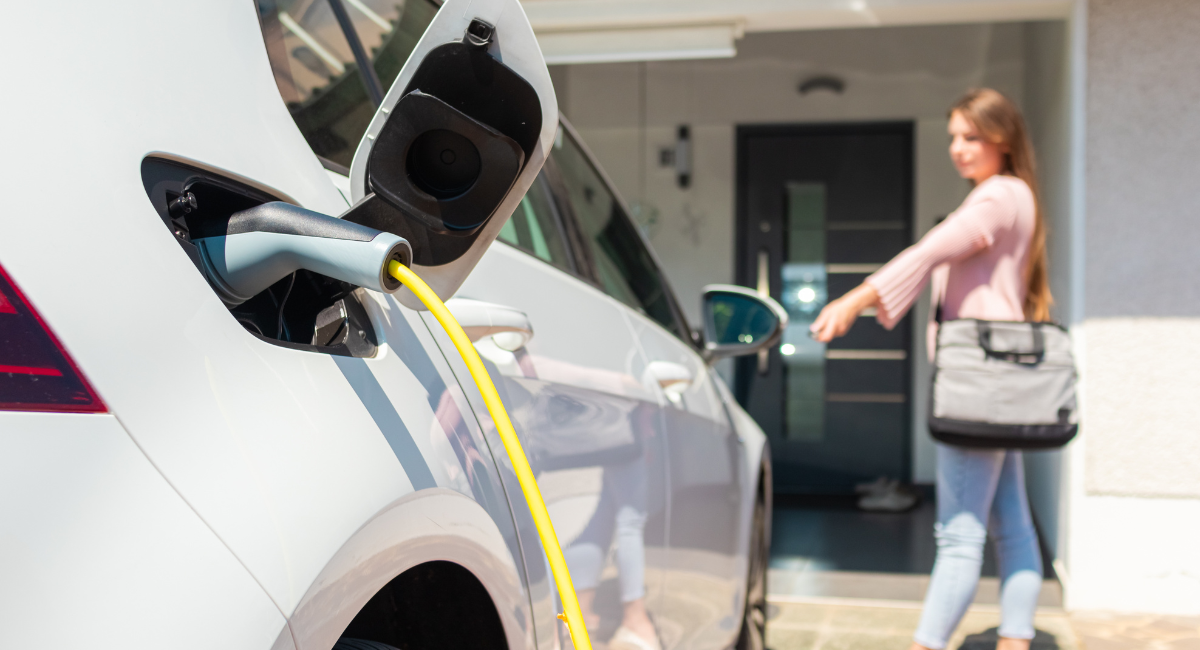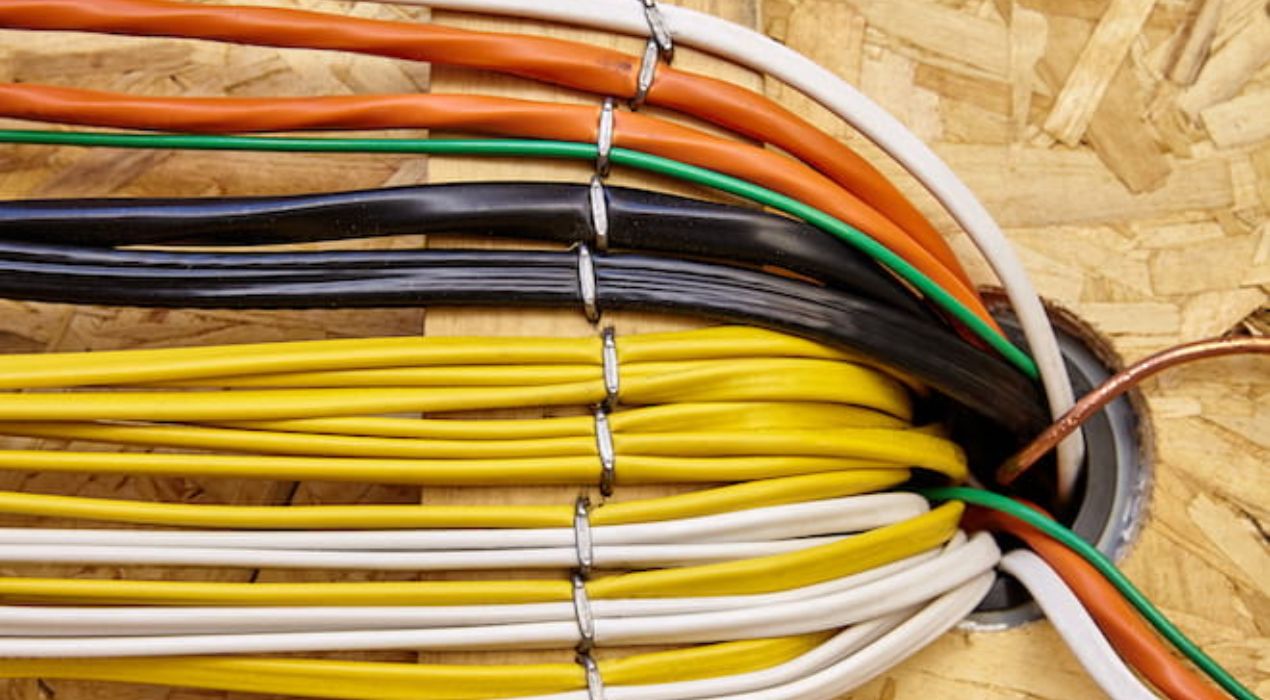Think of waking up deep in sleep with no clue that smoke was seeping into your house. Now, picture a trusted alarm that cuts through the stillness, leaving you only enough time to find safety. That is the power of an operational fire service smoke alarms, a device so humble yet life-protective. But how much do you know about the smoke alarm you require?
Do you know for sure that your existing installation is up to today’s standards of safety? If you are in doubt, this guide is for you.
What Are Fire Service Smoke Alarms, and Why Are They So Important?
Smoke alarms in fire services are not simply off-the-shelf, generic detectors you buy from a shop. They are recommended or installed, in most instances, by professional fire safety engineers or qualified electricians for purposes of meeting UK safety standards. They are specifically engineered to give early detection of fire or smoke, which gives valuable time to evacuate and summon assistance. According to the UK Fire and Rescue Service, houses fitted with working smoke alarms are four times less likely to experience casualties in the case of a fire. That is enough in itself to make you see the importance of having them.
Different Types of Fire Service Smoke Alarms: Which One Do You Need?
Not all smoke alarms are created equal. The type you require will vary depending on the layout of your home, the types of rooms you have, and even the contents of those rooms.
The most typical types are:
Lonisation Alarms
Pick up quick-flaming fires. Best for rooms with little dust or steam.
Optical (Photoelectric) Alarms
More suited to slow-burning fires and smouldering smoke. Best for living rooms and bedrooms.
Heat Alarms
Respond to temperature changes, not smoke. Ideal for kitchens and garages where smoke is prevalent but not always hazardous.
Combination Alarms
These intelligent units provide both smoke and carbon monoxide detection, providing double protection.
It is advised by fire safety experts to install interconnected alarms, that is, if one sounds, they all sound. This is particularly necessary in multi-storey houses.
Where Should Fire Service Smoke Alarms Be Installed?
Installation is as crucial as what kind of alarm you put in. The UK’s fire safety laws recommend:
- One alarm per floor minimum
- Hallways and landings are high-priority areas
- Close to sleeping accommodation so that they can be heard easily
- Away from cooking appliances so that there is less chance of false activation
Proper installation is key, which is why it’s best to rely on professional fire service smoke alarms services rather than DIY kits. That way, you ensure full compliance with British Standards (BS 5839-6:2019).
How Often Should You Check or Replace Them? | Fire Service Smoke Alarms
A smoke alarm is only useful if it works. Yet, many UK homeowners neglect regular maintenance. Here’s a safety checklist:
- Test weekly using the test button
- Clean every month to remove dust and debris
- Change batteries annually unless it’s a 10-year sealed unit
- Change the whole unit every 10 years, even if it still works
Fire departments also suggest maintaining a record of your alarm maintenance.
It may be a hassle, but during a crisis, that attention to detail can save the day.
Are Fire Service Smoke Alarms Mandated by Law?
Yes. In England, the law demands that there should be a functional smoke alarm on every floor of rented accommodation. Tenants have to be assured by their landlords that the alarms are functional at the beginning of every tenancy. For private householders, although there is no legal consequence for not having alarms installed, neglecting to install them might lead to disastrous outcomes in the event of a fire. Home insurance claims may be rejected, and above all, lives will be endangered.
Smart Fire Service Smoke Alarms
A Safer Future Today’s smoke alarms for the fire service are frequently equipped with smart features like:
- Mobile alerts
- Remote silencing
- Voice notifications instead of beeps
- Self-testing feature
- Battery indicator on your phone
- These enhancements make it simpler to remain on top of your fire protection routine.
They’re particularly helpful for households with small children, older residents, or those who are hard of hearing.
Why Professional Fire Service Smoke Alarms Installation?
There is a distinction between being fitted with a simple alarm and having a fully integrated, professionally fitted fire safety system. Selecting qualified installers, such as Buraq Electric, guarantees:
- Compliance with UK fire regulations and safety standards
- Proper mounting and positioning
- Approved and high-quality alarm systems for use
- Recommendations for the most suitable alarms for your building configuration
- Ongoing maintenance assistance
Professionals can also interface alarms with existing security systems, providing an integrated safety solution.
How Much Do Fire Service Smoke Alarms Cost to Stay Safe?
You may be wondering whether a professionally installed alarm system is expensive. But about the danger of damage to property or worse, it’s a relatively small price to pay. Fees are determined based on property size and the type of alarms required. But for many homeowners, a one-time outlay brings years of peace of mind. And when done by a trusted service like Buraq Electric, you know your home is in capable hands.

Fires can happen to anyone, often without warning. But being prepared doesn’t have to be complicated. With professionally installed fire service smoke alarms, you’re taking a proactive step toward protecting what matters most: your loved ones, your home, and your peace of mind. If it’s been a while now since your last safety check, or you’re not sure what your current alarms are, don’t delay. Seeking professional guidance and an upgrade to your protection could be the best thing you do this year.



